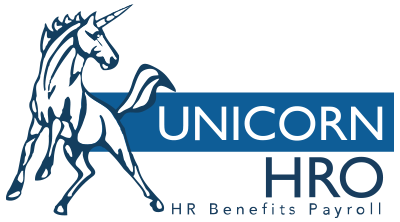Motivating your employees plays a key role in shaping the success and growth of your organization. As an employer, it is important to understand that a motivated workforce is the key to achieving business goals and keeping employee morale high.
While financial incentives hold their own importance, there are other motivators that can unlock the potential of your employees. In this blog post, we will dive into the significance of motivating employees and discuss effective strategies to cultivate an environment that inspires your employees to reach their full potential and excel in the workplace.
Opportunities for Advancement
Providing a clear path for growth and promotion in the workplace gives employees a goal to work towards. Not only can this motivate your employee, but it also instills a sense of commitment and encourages stronger job performance.
Offering lateral moves within the organization is another alternative to provide professional improvement and skill building. This gives employees the opportunity to explore a different role, gain a broader perspective of the organization’s operation, and expand upon their current skillset.
Independence in the Workplace
Giving employees the freedom to work independently can lead to creativity, innovation, and higher job satisfaction by encouraging employees to make key decisions and take ownership of their own work.
Professional Growth
Investing in training and professional development opportunities not only enhances employees’ skills but they also demonstrate your commitment to their growth. This can include courses, seminars, mentorship programs, and other educational resources.
Status and Recognition As we mentioned in a previous blog post, recognizing and rewarding employees for their hard work can boost their motivation and engagement levels. This can result in increased productivity, improved job satisfaction, and a positive workplace culture. Employee recognition is a great way to reinforce organizational goals and values.
In order to achieve and maintain your business goals, you want to create an environment that allows your employees to meet or exceed expectations, do their best, and feel valued. While employees may be motivated by tangible financial rewards, employers should also consider key motivators such as mentoring, personal and professional growth, and the opportunity to work on independent projects.



